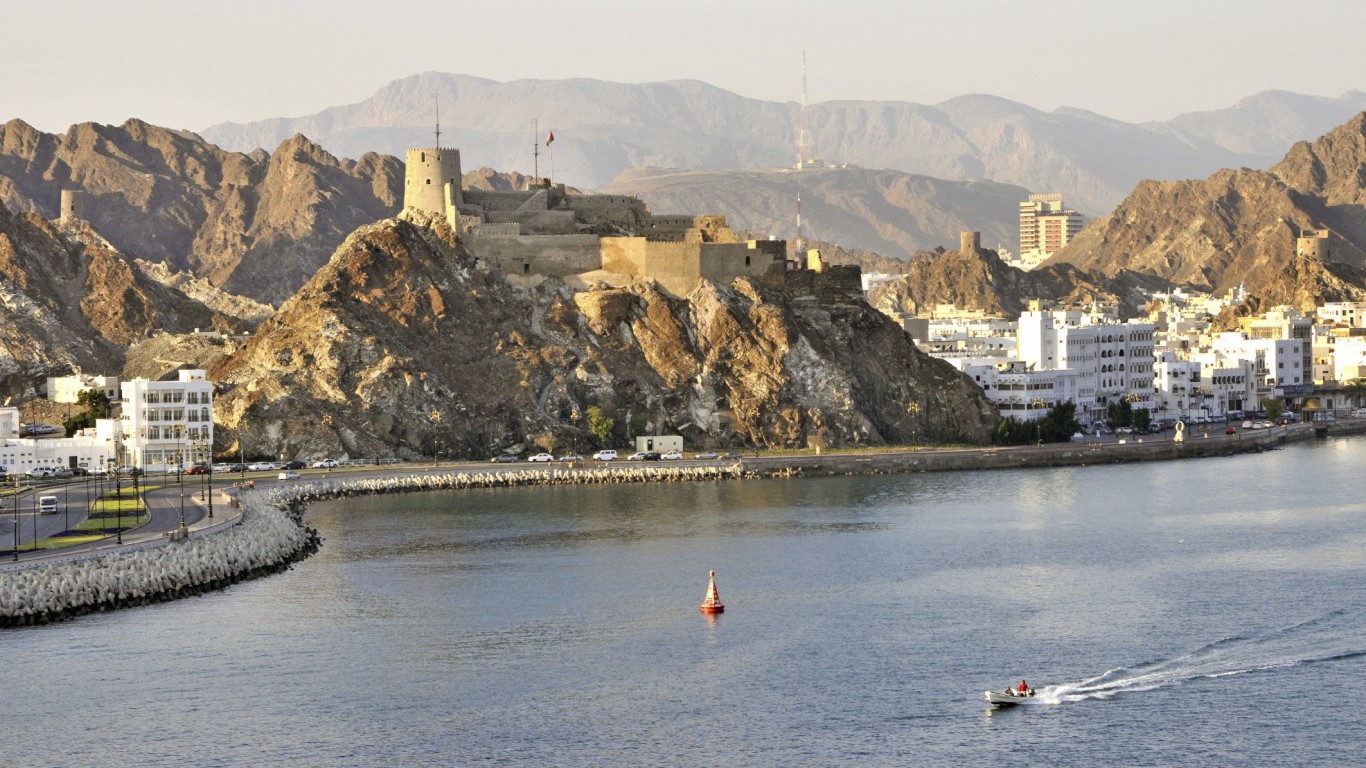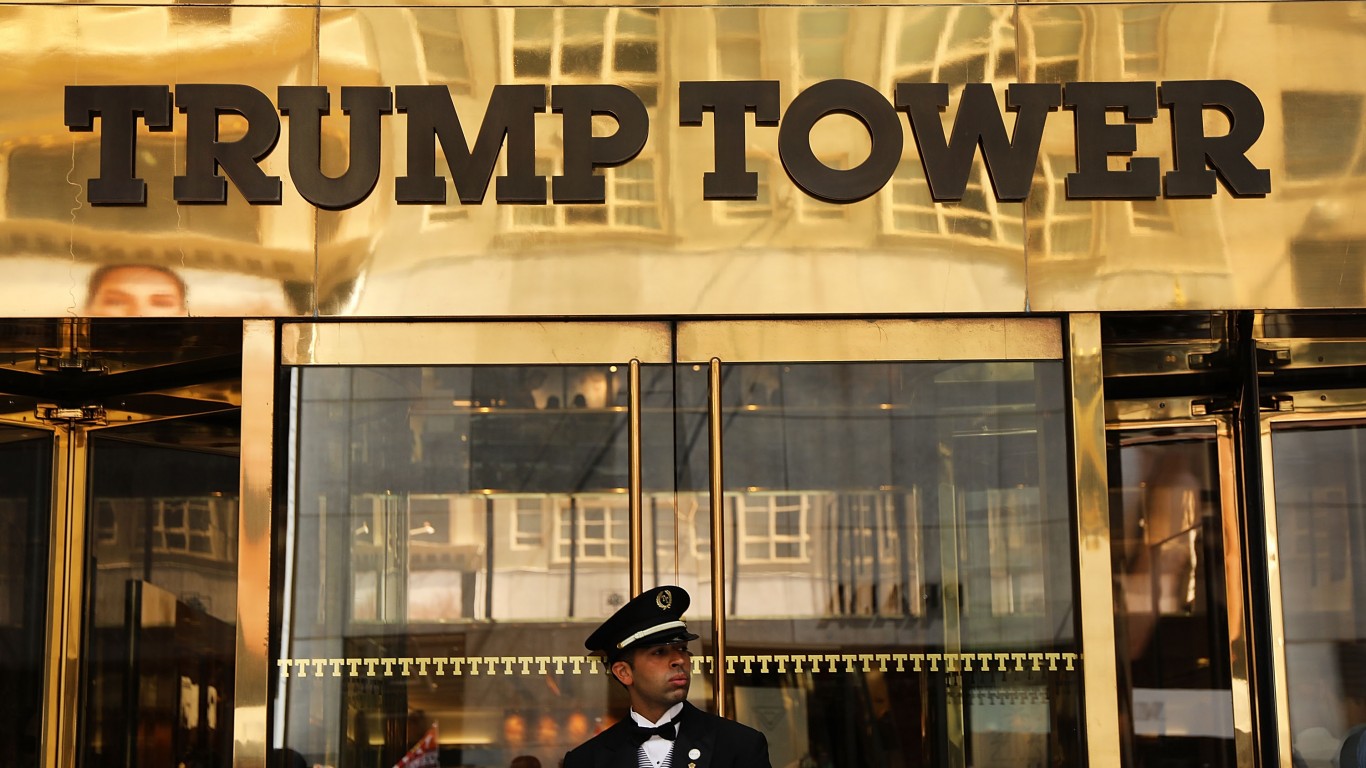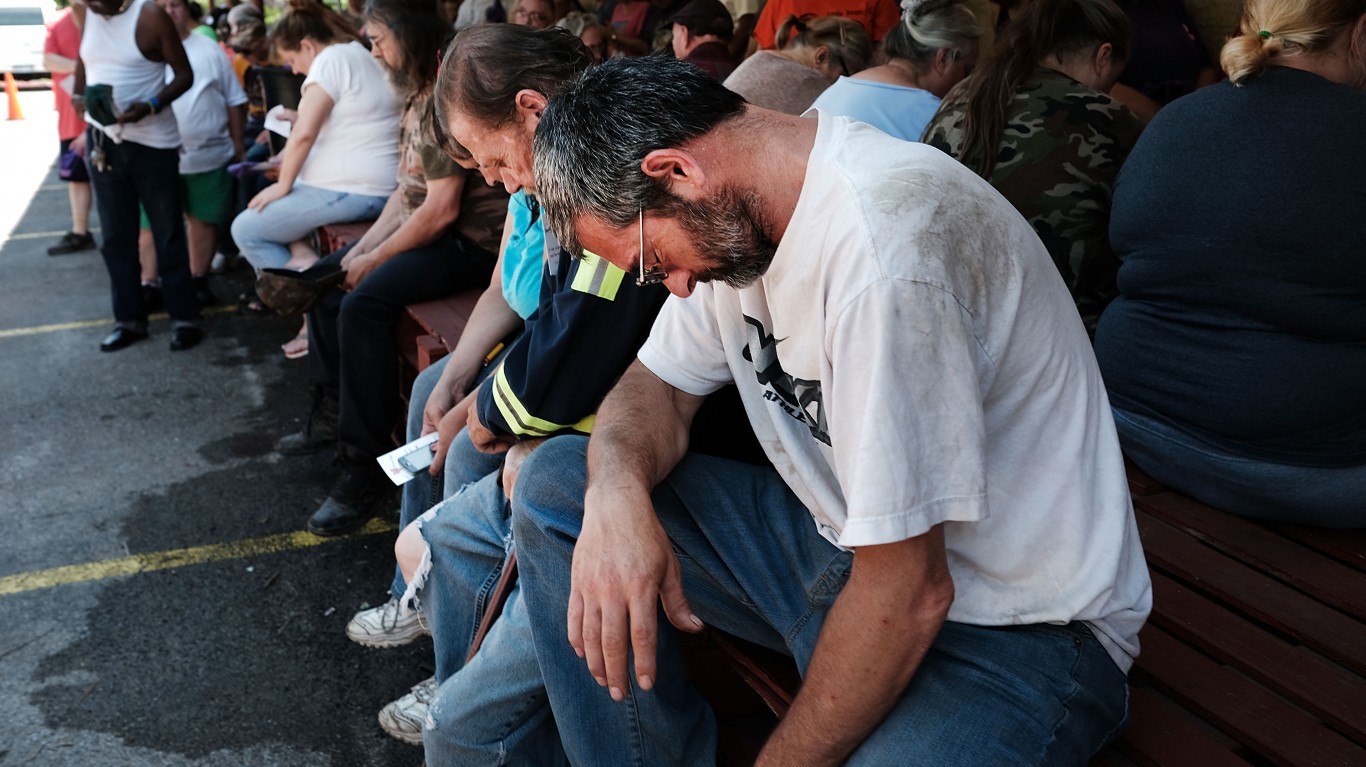
Oxfam released its Time to Care report to appear ahead of the World Economic Forum. Comparisons of the world’s richest billionaires to the world’s poor highlighted the report. The most staggering statistic was that the combined wealth of these billionaires was more than the wealth of 4.6 billion people, which is 60% of the world’s population. Just as shocking was that more than half the world’s population “struggles” to live on $5.50 a day, less than the U.S. minimum wage per hour.
The research and news about global wealth inequality seem to grow each year, as the numbers become more and more depressing for those who want to reverse the trend. In the United States, at least, the wealth of billionaires soared during the pandemic. Many of the richest of these, including Elon Musk and Jeff Bezos, had a windfall from the rapid rise of the stock market.
Income inequality often is spoken about in the United States, but it is more than just an American issue. To find the most unequal country in the world, 24/7 Wall St. reviewed the World Inequality Database’s World Inequality Report 2022, which ranks countries by the ratio of the top 10% average income to the bottom 50%.
Wide wealth gaps occur on every continent, but they are most pronounced in Africa and Asia. Many countries in those places suffer from a legacy of colonization and prolonged civil conflict. Despite an abundance of resources in some of them, government corruption has placed wealth in the hands of a few, and mismanagement of revenue from energy resources has not been spent on infrastructure, the health care system or education.
Other countries, such as those on the Arabian Peninsula and Ghana in Africa, have tapped their resources to stimulate rapidly developing economies. But the benefits of economic development have not necessarily flowed to all segments of society.
As mentioned, countries were ranked by the ratio of the top 10% average income to the bottom 50% average income. For example, in the United States, the top 10% earns on average 17 times more than the bottom 50%. All 174 countries in the report were considered for the pretax income data, and all data is as of 2021.
Wealth gap and average income data also come from the report and reflect the 150 countries for which data was available. Average income is defined in the report as “the sum of all pretax personal income flows accruing to the owners of the production factors, labor and capital, including social insurance benefits (and removing corresponding contributions), but excluding other forms of redistribution (income tax, social assistance benefits, etc.)” The report uses purchasing power parity for inequality estimates. Estimates correct for inflation using the national income deflator (base 2021).
The country with the biggest income gap was Oman. Here are the details:
- Pretax income gap, top 10% to bottom 50%: 139.59
- Household pretax income top 10%: 82.68% (the highest of 174 countries)
- Household pretax income bottom 50%: 2.96% (the lowest of 174 countries)
- Wealth gap, top 10% to bottom 50%: 265.36 (23rd highest of 150 countries)
- Average income: Not available
The nation of 5.1 million on the Arabian Peninsula has the highest ratio of wealth disparity of the 174 countries on this list. The share of the bottom 50% in total earnings is about 3%, while the share of the top 10% is almost 83%. The sultanate relies on oil to fuel its economy, which has helped make a few people rich and contributed to the wealth gap.
Click here to see all the countries with the largest income gaps.
100 Million Americans Are Missing This Crucial Retirement Tool
The thought of burdening your family with a financial disaster is most Americans’ nightmare. However, recent studies show that over 100 million Americans still don’t have proper life insurance in the event they pass away.
Life insurance can bring peace of mind – ensuring your loved ones are safeguarded against unforeseen expenses and debts. With premiums often lower than expected and a variety of plans tailored to different life stages and health conditions, securing a policy is more accessible than ever.
A quick, no-obligation quote can provide valuable insight into what’s available and what might best suit your family’s needs. Life insurance is a simple step you can take today to help secure peace of mind for your loved ones tomorrow.
Click here to learn how to get a quote in just a few minutes.
Thank you for reading! Have some feedback for us?
Contact the 24/7 Wall St. editorial team.




